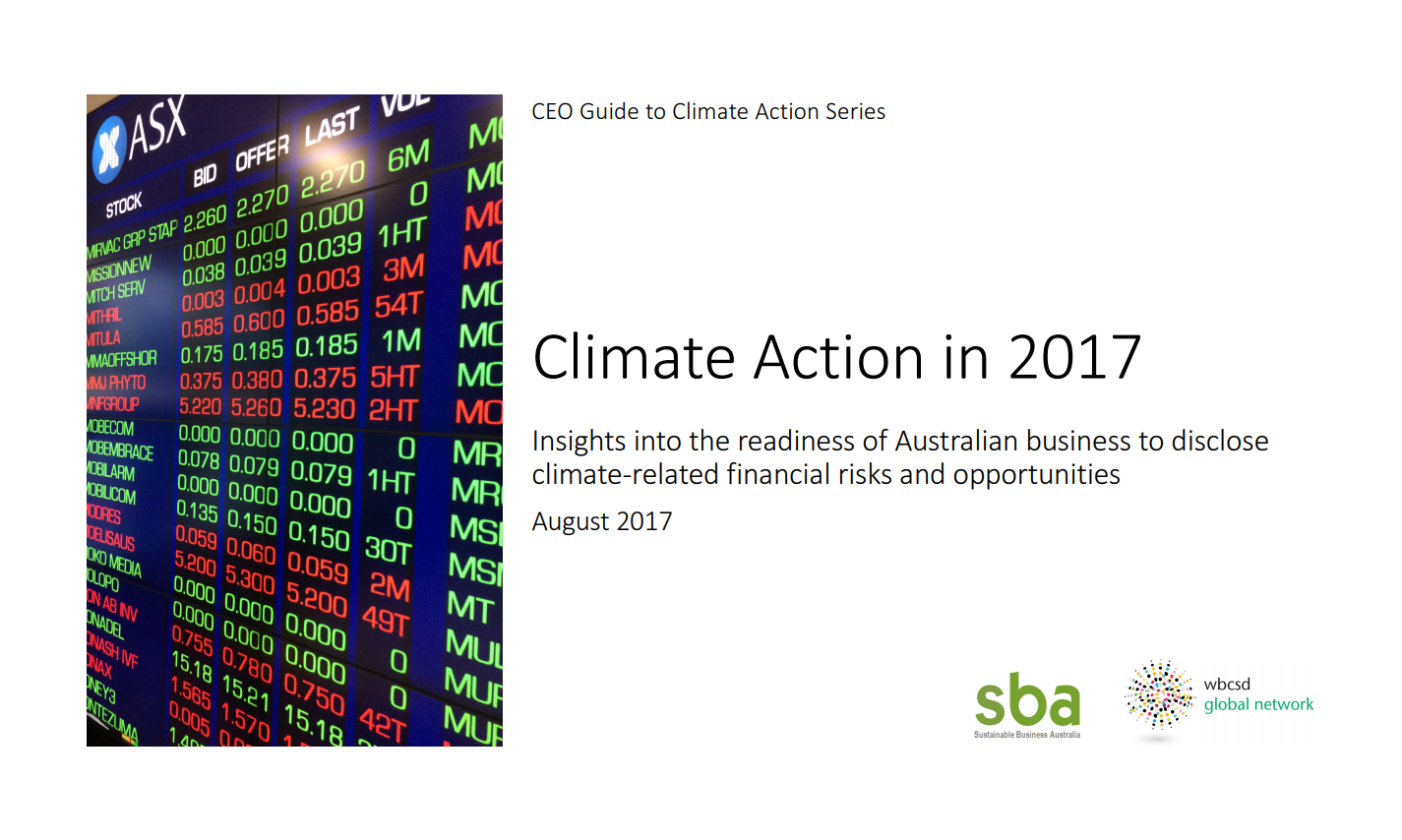Over the past year or so, Energetics has seen demand for strategic energy and climate management advice rise significantly across our client base. The drivers are largely commercial – upheaval in our energy markets, opportunities as the costs of renewable energy and storage technologies fall, and more recently, the focus on climate-related financial risk disclosure from the global investment community.
The most urgent issue has been the escalation in energy costs. As energy budgets have blown out, businesses are seeking to hedge against the persistent volatility in our east coast energy markets. Some of the most attractive options come from the boom in renewables, with a number of large energy users investigating corporate renewable power purchase agreements or on-site generation projects. Australia’s energy mix is changing and decarbonising. The energy investment landscape has shifted dramatically: outdated, inefficient, carbon-intensive energy generation is giving way to renewable energy and innovative storage solutions.
The investment landscape will further shift to support low carbon assets across all sectors of the economy. With the guidance set by the global Financial Stability Board, echoed in Australia by the Australian Prudential Regulatory Authority (APRA) and the Senate Economics Reference Committee, business is increasingly recognising the critical signals sent by investors.
SBA’s Climate Action in 2017 report provides both insights into how well large emitting businesses are positioned for disclosure, but perhaps more fundamentally, their understanding of the management challenges, particularly the business risks and opportunities in the transition to a low carbon economy.







